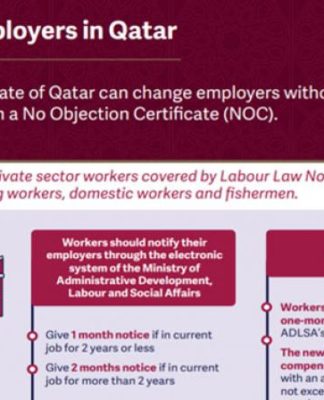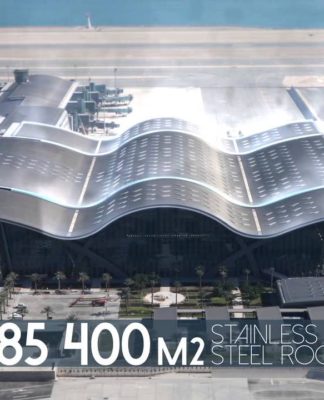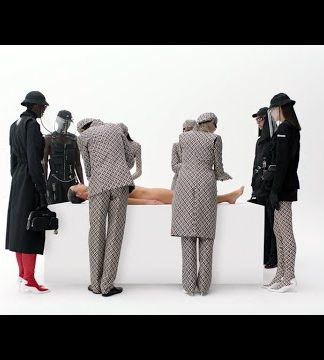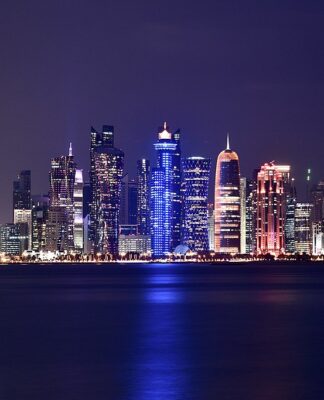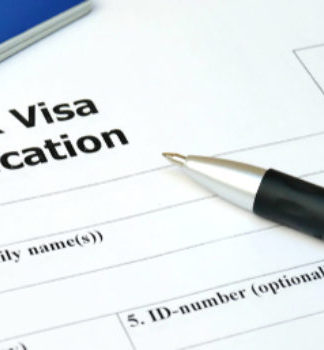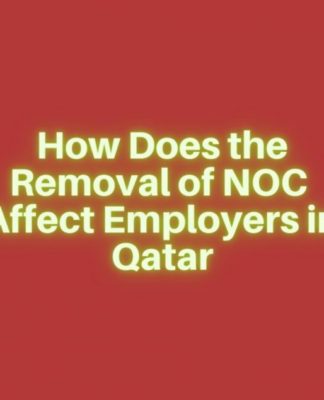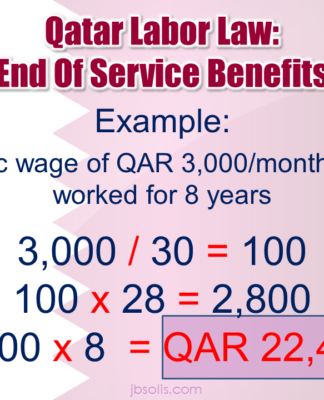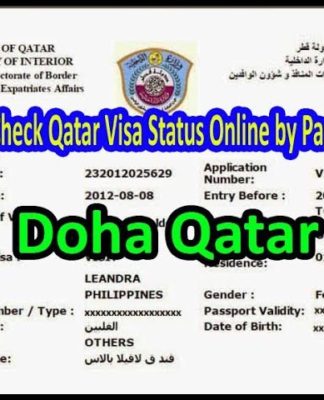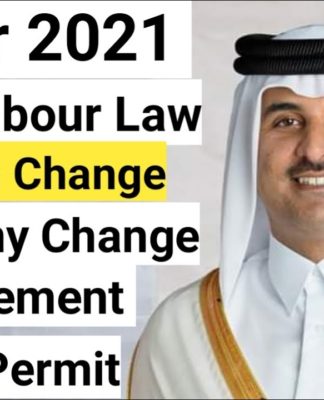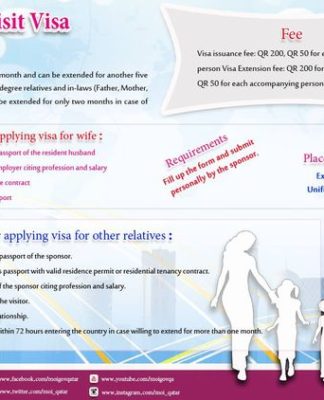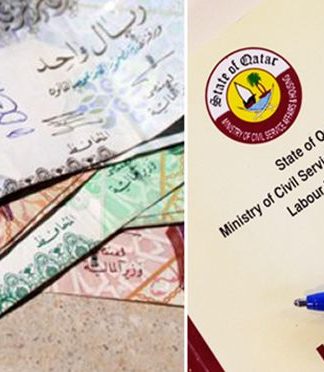POLITICSNIGERIA
Nigeria election: Obi wins in Lagos, slow results progress
8 hours ago8 hours ago
Nigerians are still waiting for a clear picture to emerge after a general election initially scheduled on finish on Saturday. The surprise third serious contender for the presidency scored a significant win in Lagos.
https://p.dw.com/p/4O2Dl
With provisional results still only available for about one third of Nigeria’s 36 states, ruling party candidate and former Lagos governor Bola Tinubu appeared to hold an overall lead on Monday afternoon.
However, outsider Peter Obi of the smaller Labour Party defeated Tinubu narrowly to win Nigeria’s commercial hub of Lagos in a major upset.
There are 18 candidates to be president on the Nigerian general election ballot, but only three were considered serious contenders ahead of the vote. Voters also cast their ballots to elect a new national assembly.
The first results started trickling in on Sunday evening, after voting that was supposed to conclude on Saturday but continued into Sunday in much of the country.
Nigeria poll results begin to trickle in
03:41
Major delays to voting and counting processes
The Independent National Election Commission (INEC) website said as of 1700 GMT/UTC on Monday that just over one third of the more than 176,000 polling stations had submitted results.
Actually accessing those results for local areas on its IReV website often proved impossible, however.
A tally of the partial results by the Reuters news agency put the three leading candidates in the order that analysts expected before the ballot: Tinubu in the lead by some margin ahead of Atiku Abubakar of the main opposition People’s Democratic Party, with Peter Obi a fairly distant third.
Still, these tallies only accounted for around 10% of Nigeria’s just over 90 million eligible voters, possibly even fewer.
Finalized results could still take days.
All the major candidates expressed concerns about the delayed counting and reporting process and urged the election commission to be more transparent.
To become president, a candidate needs to win the most votes overall, but also secure a minimum of 25% support in at least 24 of 36 states in the country. This measure is designed to ensure that candidates are representative of a large portion of the country, given the often politically charged divide between the country’s mainy Christian population in the south and its mainly Muslim population in the north.
Independent National Electoral Commission (INEC) Chairman (Centre), Mahmood Yakubu speaking at the Situation Centre/National Collation Centre where the next President of Nigeria will be announced in coming days in Abuja on February 27, 2023.Independent National Electoral Commission (INEC) Chairman (Centre), Mahmood Yakubu speaking at the Situation Centre/National Collation Centre where the next President of Nigeria will be announced in coming days in Abuja on February 27, 2023.
The head of the national election commission, Mahmood Yakubu, has faced some difficult questions since the weekend’s voting beganImage: Olukayode Jaiyeola/NurPhoto/picture alliance
Obi claims narrow Lagos victory
Peter Obi, who has unexpectedly challenged the two political parties that have alternately led Nigeria since the end of military rule in 1999, emerged as the narrow victor in the prosperous state of Lagos.
Obi’s campaign, which focused on younger voters, heavily used social media and campaigned for improved security and reduced corruption in the country.
Provisional results showed Obi claiming 582,454 votes in Lagos state, narrowly ahead of former governor of the region Tinubu on 572,606.
Obi, 61, moved into politics after a career in business, where he worked particularly in the field of financial services.
He’s running against two longstanding members of Nigeria’s political establishment. Tinubu, 70, is a former governor of Lagos. Abubakar, 76, is a former vice president and the runner up in the last presidential election.
Incumbent President Muhammadu Buhari was not eligible to run again having served the maximum permitted two terms.
8 images
8 images
Electoral chaos comes amid insurgency, kidnappings, cash shortages
Security issues, missing equipment and other problems at voting stations had delayed the process at the weekend.
In a country with patchy internet connections, particularly in more rural areas, many of the reporting and counting mechanisms were highly reliant on communications technology.
Nigeria’s history of ballot rigging and vote buying — defeated candidate Abubakar claimed massive fraud last time in 2019 — prompted nervousness about the delays.
An African monitoring group had criticized the INEC commission on Sunday, and the EU’s observer mission followed suit on Monday.
“INEC’s lack of efficient planning in critical stages and effective public communication reduced trust in the process, including on election day,” EU observer mission’s Barry Andrews said.
In a preliminary report, he said the new effort to publicly post individual results online “were perceived as an important step to ensure the integrity and credibility of the elections,” but “uploading the results … did not work as expected and presidential election result forms started to appear on the portal very late on election day, raising concerns.”
Nigeria’s election commission said that it takes “full responsibility” for the issues and delays. They added, however, the delays were the result of technical problems not a sign of potential tampering.
There were isolated reports of violence and intimidation on election day, but not at the scale of previous elections.
The election took place amid the backdrop of Nigeria’s mainly stagnant military campaign against Boko Haram Islamist militants in the northeast, double digit inflation putting pressure on the price of core goods like food and fuel, and cash shortages in the run-up to the election.
msh/rs (AFP, Reuters)

















